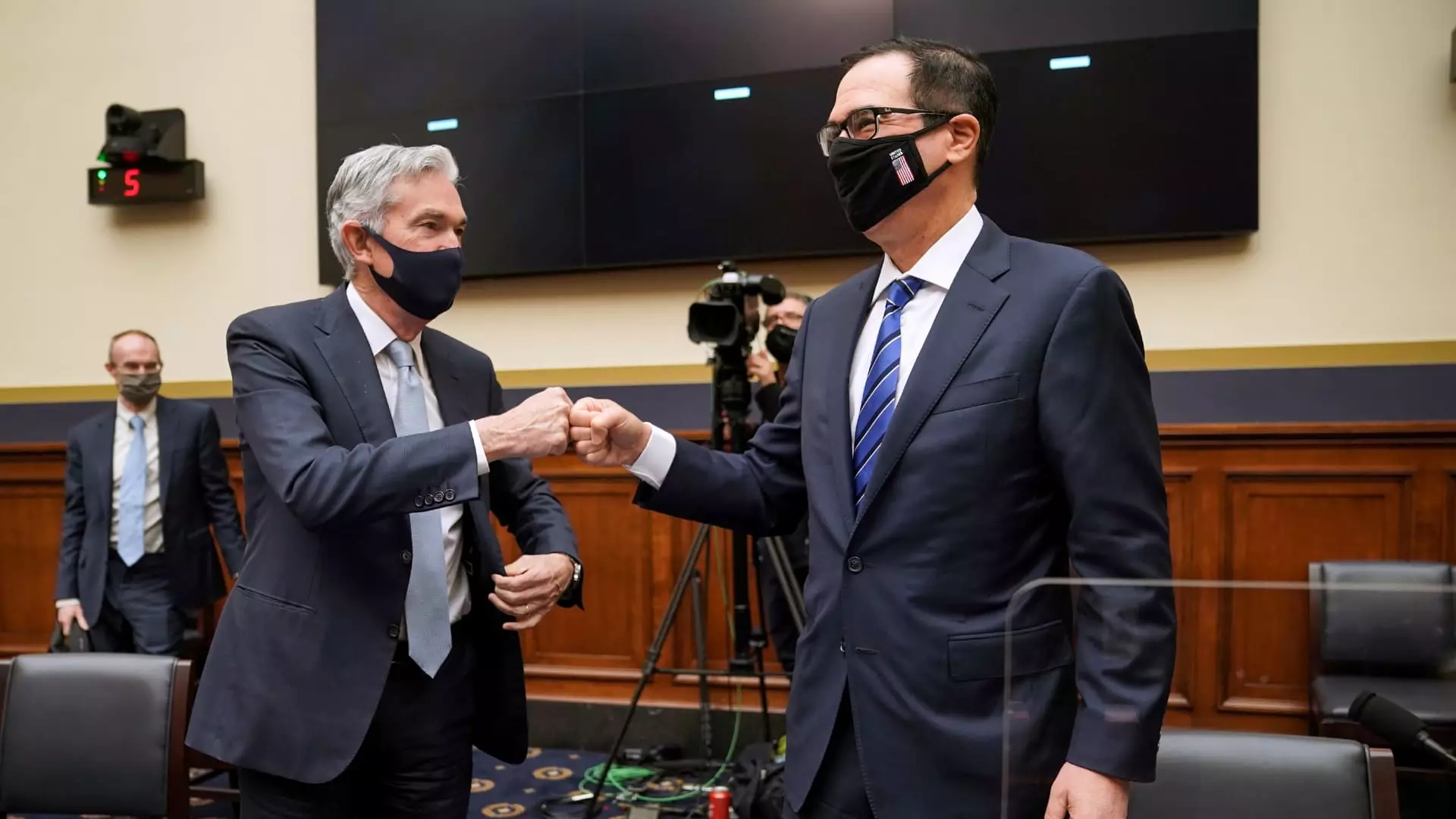The recent announcement of a $1 billion-plus injection by New York Community Bank has once again highlighted the significant role played by private equity players in coming to the aid of wounded American lenders. In this case, ex-Treasury Secretary Steven Mnuchin’s Liberty Strategic Capital led the investment with a contribution of $450 million, alongside a group of private investors who are injecting fresh funds into NYCB. This injection of cash has helped alleviate concerns about the bank’s financial health, as evidenced by the increase in its share price following the announcement.
This move by private equity investors to support NYCB is just one of several recent examples of such transactions in the banking sector. Last year, the acquisition of PacWest by Banc of California was made possible by a substantial investment of $400 million from Warburg Pincus and Centerbridge Partners. Similarly, the January merger between FirstSun Capital and HomeStreet saw a capital infusion of $175 million from Wellington Management. These instances demonstrate the willingness of private equity players to step in and provide much-needed financial support to struggling banks.
Advisors and industry experts stress the importance of speed and discretion in executing these transactions. Selling stock in public markets could potentially be a cheaper source of capital, but it is not always a viable option for most banks, especially those facing financial difficulties. The slow pace of public markets makes them unsuitable for urgent capital raises, as highlighted by Steven Kelly of the Yale Program on Financial Stability. Furthermore, a bank’s decision to raise capital publicly could lead to intense scrutiny and speculation about its financial health, potentially exacerbating its problems.
The experience of Silicon Valley Bank serves as a cautionary tale for banks seeking to raise capital in a public manner. Last year, SVB’s failure to secure funding ultimately led to its downfall. Conversely, private deals offer a level of confidentiality and flexibility that allows banks to navigate the capital raising process more effectively. The recent case of NYCB illustrates this point, with the bank’s shares plummeting upon news of its need for capital, only to rebound once the private funding was secured. The ability to conduct negotiations away from the public eye can make all the difference in a bank’s ability to survive and thrive.
Steven Mnuchin’s direct outreach to NYCB to offer support underscores the pivotal role that experienced investors play in these transactions. Mnuchin’s track record of successfully turning around banks, such as his acquisition of IndyMac in 2009, instills confidence in NYCB’s ability to navigate its challenges successfully. By providing the bank with additional time to address its financial weaknesses, Mnuchin and his co-investors are enabling NYCB to work towards a sustainable resolution.
The involvement of private equity players in supporting American lenders during times of distress is a critical component of the financial ecosystem. These investors provide much-needed capital, expertise, and discretion that can make the difference between a bank’s survival and its demise. As the banking sector continues to face challenges, the role of private equity in bolstering struggling institutions remains indispensable.

Leave a Reply